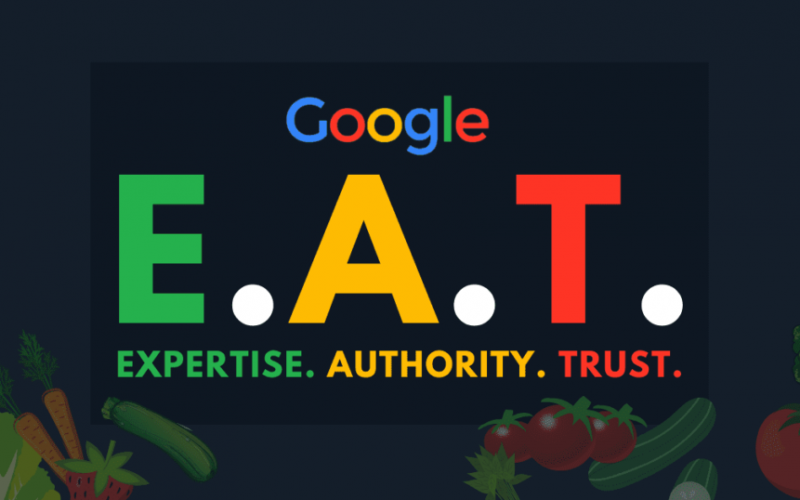The concept of EAT appeared in August 2018 with the Google Core Update , and since then a multitude of SEO articles have been written. In this we will try to explain what it is, what is its importance and how we can improve it.
What is EAT?
EAT are the initials of expertise (experience), authoritativeness (authority) and trustworthiness (confidence). It originates from the Google Search Quality Rater Guidelines , a recently updated 168-page document used by Quality Raters to measure the quality of Google search results.
This document serves as an aid to webmasters to know what are Google’s criteria to rank a website.
Why is the EAT important?
The EAT has influence for all queries, but in some specific sectors its importance is greater, such as the YMYL (Your Money or Your Life, Your Money or your Life).
The search engine understands that if we are looking for the correct dose of aspirin during pregnancy, it is a sensitive query and should be as reliable as possible. With this, Google seeks that inaccurate or low-quality content is not displayed, on topics such as health and financial investments.
The E‑AT is also important for questions like “how to improve your credit score”. Here, the advice of the clueless and of little authority is unlikely to be legitimate and should not be trusted.
If our site is within the YMYL theme, then the EAT will be the basis for improving our positioning.
How is the EAT improved?
Experience, authority and reliability are concepts that can often be confused because of their proximity, but they are not the same. Each of them is evaluated independently using a set of criteria.
Experience
Experience refers to a high level of knowledge or skill in the subject. It is evaluated by analyzing the content, not the website or the organization. Google looks for the content to be created by an expert.
For YMYL topics, it relates to the content creator’s formal experience, credentials, and education. For example, a doctor is more accredited to write about health topics than a person who has read something. However, for non-YMYL subjects, showing relevant life experience and “everyday experience” is sufficient.
Despite this, for some very specific cases of YMYL, Google understands that “everyday experience” is enough. For example, take a query like “what does it feel like to have cancer?” Someone living with the disease is in a better position to answer this than a qualified doctor with years of experience.
Authority
Authority is all about reputation, particularly among other experts and influencers in the industry. Simply put, when others see an individual or website as the source of information on a topic, that’s authority.
To assess authority, evaluators search the web for information about the reputation of the website or individual.
Evaluators are asked to seek independent sources when doing this.
Wikipedia is a good source of information that Google mentions.
It is important to remember that authority is a relative concept. While Elon Musk and Tesla are authoritative sources for electric vehicle information, they have little to no authority when it comes to SEO.
It is also the case with some people and websites that are only authoritative when it comes to certain topics. For example, the most authoritative source for Coldplay song lyrics is their official website. And the most authoritative source of information for beef grades in the United States is the USDA.
Confidence
Trust is about the legitimacy, transparency and accuracy of the website and its content.
Evaluators look for several things to assess reliability, including whether the website indicates who is responsible for the published content. This is particularly important for YMYL queries, but also applies to non-YMYL queries.
Having enough contact information is also important, especially for YMYL topics and online stores.
Evaluators also take into account the accuracy of the content.
Citing reliable sources is part of this.
Just remember that trust, like authority, is a relative concept. People and websites may not be perceived as trustworthy in all areas. We are a trusted source for information on SEO, but not bodybuilding.











